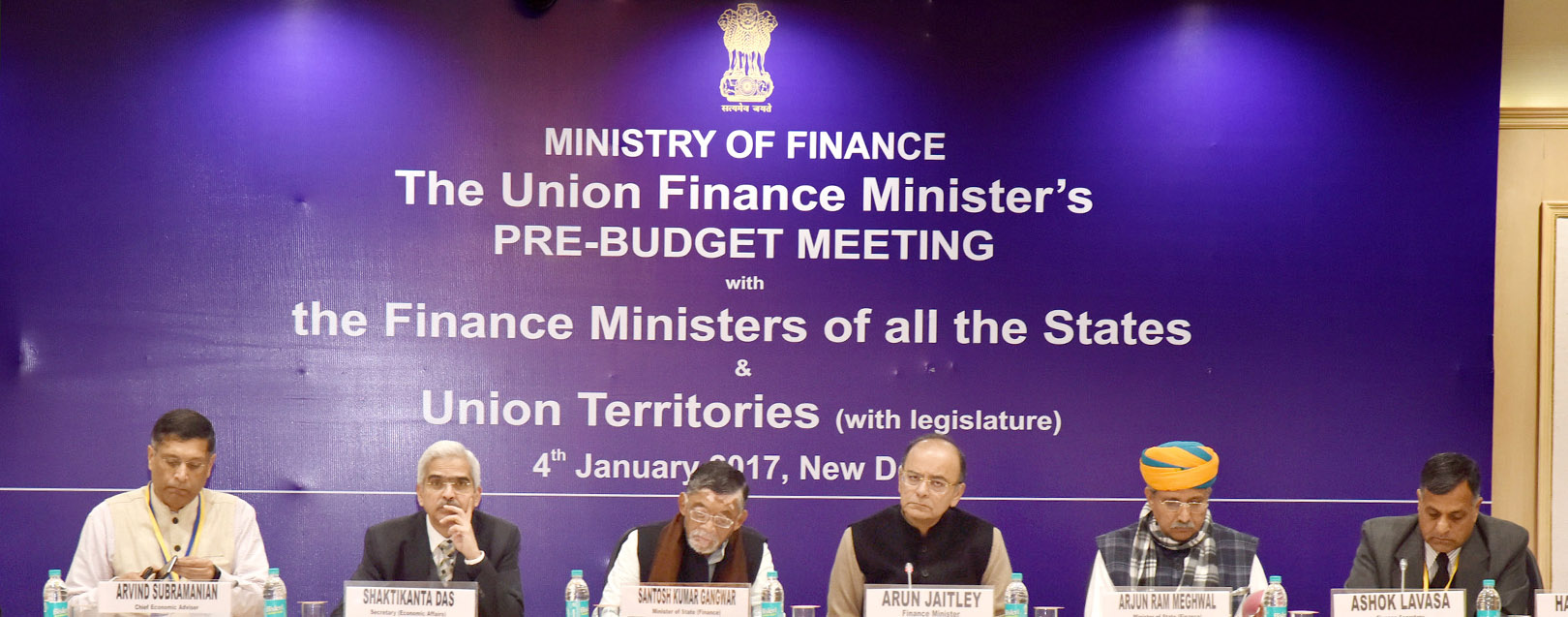
What does the Real Estate Sector expect from the Union Budget?
Sheela Mamidenna
The real estate sector has been the second biggest employer for India after agriculture, and market estimates suggest that it will grow by as much as 30% in the next decade. Consequently, stakeholders have high expectation from the 2017-18 Union Budget. Kishore Pate, Chairman & Managing Director of Amit Enterprises Housing Ltd, outlines 8 such changes that the industry and its stakeholders are unanimously looking forward to.
1. Income tax relaxation
As of now, the tax deduction limit for home loans is just Rs. 2 lakh, which becomes insignificant when you take into account the high prices of properties in our larger cities. In Mumbai, for instance, the standard housing price is Rs. 1 crore, so the current tax deduction limit is insignificant for homebuyers in the financial capital. Apart from extending the tax exemption for home loans to at least 5 lakh, the budget should also introduce concessions on insurance premiums to encourage buyers insure their property.
2. Increase in HRA deductions for the self employed
Salaried individuals already get HRA (house rent allowance) as a component of their income, and can also claim deductions on it. However, self-employed individuals are limited to only Rs. 2000 as a maximum deduction on HRA as per the provisions of Section 80GG. The 2017-18 Union Budget should address this dichotomy.
3. Standardize construction materials
A major reason for increasing home prices is the constantly escalating cost of construction materials like cement and steel. Standardization of such materials can help reach tax clarity and also make real estate a viable opportunity for investment.
4. Single window clearances for real estate projects
As per the usual process, real estate projects need to go through a long line of approvals, and this bureaucratic process has been resulting in delayed deliveries. Single window clearances have been a long-awaited step to reduce these bureaucratic setbacks. Once in place, it can give a major boost to the market.
5. Simpler tax norms of REITs
Until today, the real estate sector has not benefited from any REIT listings, with the model in its current format still weighed down with multiple taxes. Taxation for REITs needs to be simplified to allow developers and investors to benefit from REIT listings. It is necessary that the Union Budget 2017-18 recognizes the importance of REITs and provides:
- Lower taxation on REIT income;
- Reduction/removal of service tax with leased premises;
- Waiving capital gains during transfer of property to REIT.
6. Better GST Clarity
Although the GST (Goods and Services Tax) structure has been declared, stakeholders are eagerly waiting to understand the rates applicable to the real estate / construction industry. We seek clarifications on abatement schemes, and scenarios when developers use composition schemes and the resultant credit for input tax.
7. Financial protection with project delays
Currently, the interest deductions associated with self-owned homes has been limited at Rs. 2 lakh. However, for projects under construction, the deductions applicable are just Rs. 30,000. Further, the applicable period for the interest is 3 years, starting from the year that the loan was approved. This has proved to be a hardship for property buyers and investors. Union Budget 2017-18 should focus on further interest deductions in late deliveries and also amend the period of repayment from the year the possession was due.
8. Clarification on PMAY beneficiaries
According to a recent announcement by the Union Government, a 3% interest rate is applicable for loans up to Rs. 12 lakh and 4% up to Rs. 9 lakh, as per the PMAY (Pradhan Mantri Awas Yojana) scheme. The scheme also states that two new income categories have been added to avail higher loan amounts with higher subsidies. We look forward to further clarifications on the definition of these beneficiaries.






 to success.
to success.